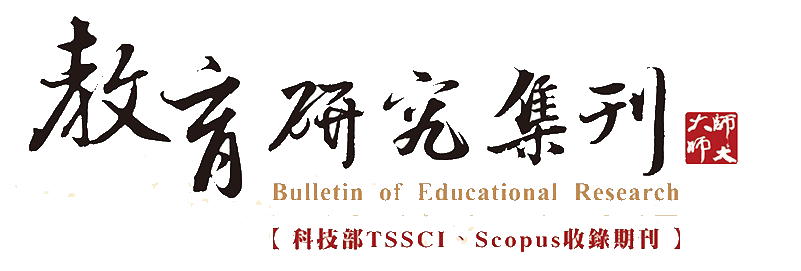| 篇名 | |
|---|---|
| 並列篇名 | Showdown between Humboldt and Matthew |
| 作者 | 張源泉 |
| 中文摘要 | 有史以來,大學從未像現在一樣,與一國的國力扣得如此緊密;全球化競爭迫使「大學定勝負」的危機感鞭策著各國政府,這除了知識經濟對高等教育人才需求孔殷外,更在於高等教育已成為一種驅動國家經濟發展的新興產業。在此全球化競爭脈絡下,德國高等教育體制開始啟動了根本的轉型。長期以來,德國大學發展以洪堡的「均質性」理念為依歸,但近年來啟動了多項競爭分化機制,其符膺的邏輯為「扶強不扶弱」的「馬太效應」。本文探究前述分化機制將對前者帶來多大影響,並以「洪堡與馬太之對決」的隱喻為題,透過文件分析法首先探究德國大學之均質性傳統,以及近年來之競爭分化機制,而後再進一步探究後者對於前者之影響程度。傳統上,德國大學均質性一直被視為其核心特徵,其源自大學發展的歷史脈絡、法律框架、留校任教禁止,以及高等教育不具競爭元素之預算編列模式。但近年來的政策,如卓越計畫、績效導向之經費分配、高等學校排名等,引入競爭機制,使得大學朝向分化方向發展,而與均質性傳統分道揚鑣。儘管有人將此轉型視為德國高等教育體制的典範轉移,但基於德國大學的傳統制度,以及分化機制的影響有限,其難以出現類似美國大學的金字塔型分化局面,而是呈現似一凸型的溫和型分化。再者,伴隨著前述分化機制的推動,基於德國向來標舉社會主義福利國家原則,亦須兼顧社會上對於教育機會均等分配的訴求,例如:績效導向經費分配都包含性別平等的項目,以便能在卓越/均等上求取平衡。 |
| 英文摘要 | Due to the increasingly intense global competition, today a nation’s power is more closely tied in with its university system than ever before. In fact, because the knowledge economy has an urgent need for highly educated specialists, higher education has become an emerging industry driving national economic growth. In response to the current situation, Germany has begun making fundamental reforms to its system of higher education. Universities in modern Germany have long subscribed to the ideal of Humboldtian homogeneity. However, in recent years the German government has implemented various measures designed to increase competition, based on the principle that the lion’s share of educational resources should be devoted to those with the most distinguished, the so-called Matthew effect. Framing the current state of higher education in Germany as a showdown between Humboldt and Matthew, in this paper I use document analysis to present the traditional ideal of homogeneity, discuss the measures recently adopted for increasing competition, and to investigate how much influence these measures have had on distinguished students and researchers. Traditionally as the hallmark of the Germany higher education, the Humboldtian model has come into being by the following factors: the legal structure, the regulations preventing the hiring of former students as teaching staff, the non-competitive allocations of funding in higher education, and the way in which the higher education system developed. However, due to such recent measures as the Excellence Initiative, performance-based budget allocations, and the ranking of universities, in recent years German universities have begun to emphasize the importance of differentiation and specialization, while homogeneity has begun to fall by the wayside. While some may see these changes as an actual paradigm shift, due to the continuing influence of the traditional system, as well as the limited effect of the differentiation measures, it is unlikely that the German system of higher education will become as hierarchically structured as ivy-league universities in the United States; instead, it’s more likely that there will emerge a moderate degree of differentiation. Furthermore, on the basis of the principle of the social welfare state, German government emphasizes the differentiation measures in pursuit of the equal opportunities in education, such as performance-based budget allocations which contain terms of gender quality, and it aims to strike a balance between excellence and equality. |
| 起訖頁 | 001-037 |
| 關鍵詞 | 卓越計畫、高等教育、德國教育、excellence initiative、higher education、German education |
| 刊名 | 教育研究集刊 |
| 期數 | 201506 (61:2期) |
| 出版單位 | 國立臺灣師範大學教育學系 |
| DOI | 10.3966/102887082015066102001 複製DOI |
| 該期刊-下一篇 | 大學智慧資本與研究商業化績效之研究 |








